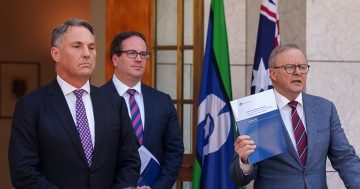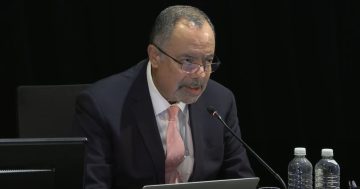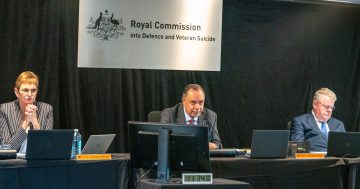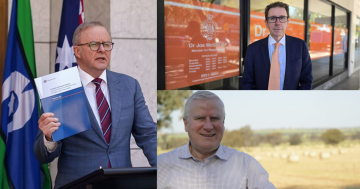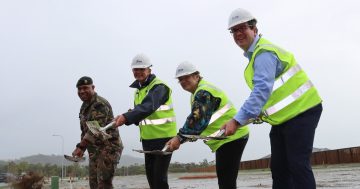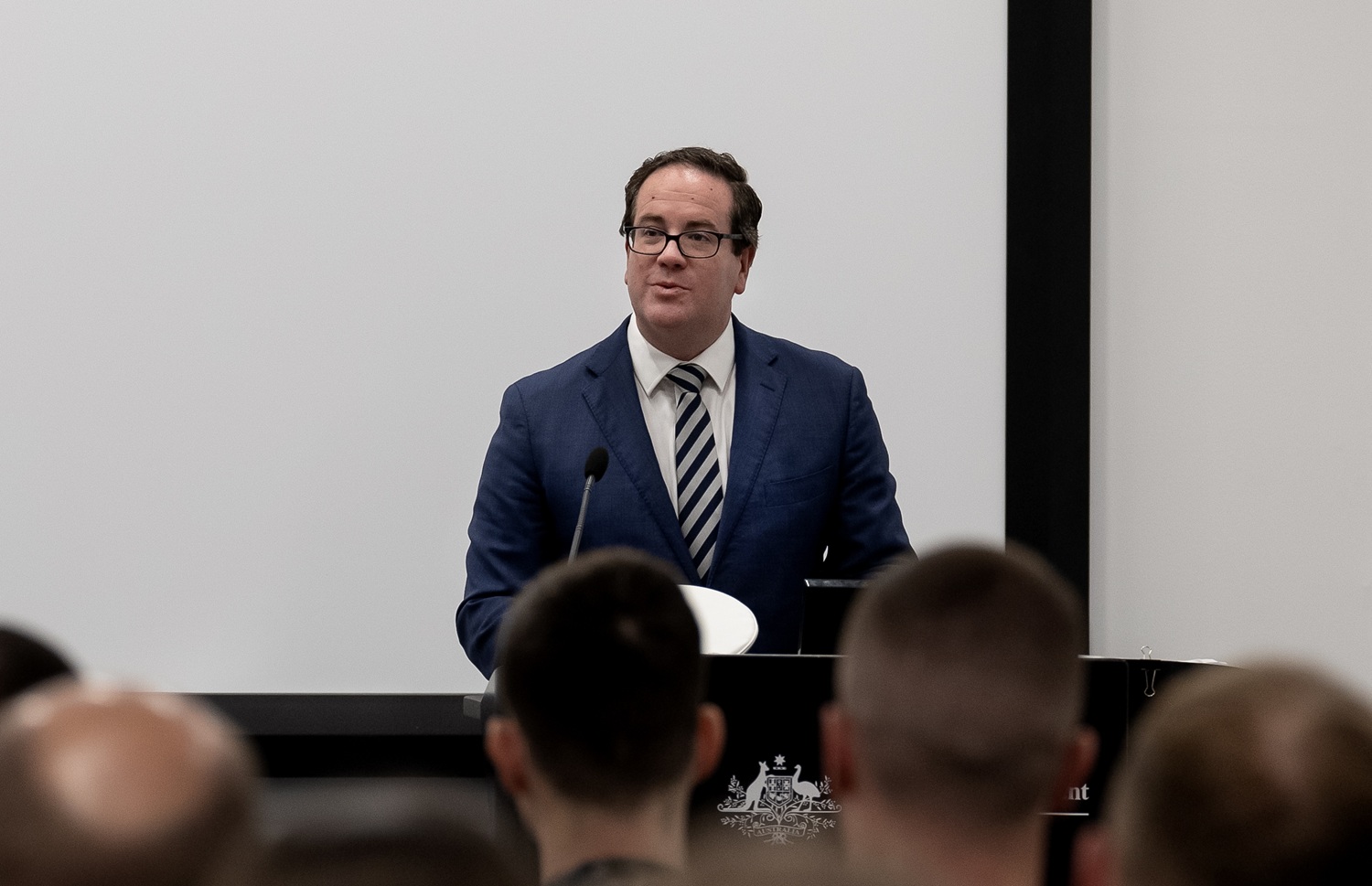
Minister for Veterans’ Affairs and Minister for Defence Personnel Matt Keogh says the government has implemented eight of the royal commission’s 122 recommendations. Photo: ADF.
One year on from the release of the final report of the Royal Commission into Defence and Veteran Suicide, the Federal Government has revealed it has implemented eight of the 122 recommendations made in the report.
Headed by former NSW deputy police commissioner Nick Kaldas, the recommendations made by the royal commission were intended to reform the culture, systems and processes across the Defence and veteran ecosystem to prevent suicide and improve the mental health and wellbeing of serving personnel and veterans.
Of the 122 recommendations made, the government agreed or agreed in principle with 104 of them. Of the remaining 18 recommendations, the government set aside 17 for further consideration, and said it would not support one in part.
A year later, Minister for Veterans’ Affairs and Minister for Defence Personnel Matt Keogh said the government’s focus had been on reforms that addressed the immediate health and safety of current and former Australian Defence Force (ADF) personnel and their families, and that it had made “significant progress” on its response.
This included establishing a new legislated oversight body – the Defence and Veterans’ Service Commission – which the royal commission described as its most important recommendation and which will soon begin operations in accordance with the timeframe set out by the royal commission.
It also said consultation and co-design work on a new agency for veterans’ wellbeing had been undertaken and that work was underway to establish it in 2026. Work had started on the terms of reference for a recommended inquiry into military sexual misconduct, with research to inform the inquiry also about to begin.
In a statement, Mr Keogh said the royal commission had provided a once-in-a-generation opportunity for cultural change and reform.
“We heard harrowing experiences throughout the three-year inquiry,” he said.
“The Albanese Government is implementing meaningful and lasting reform in response to the findings, to be overseen by the statutory Defence and Veterans’ Service Commission.
“Our focus has been, and will continue to be, on improving both the experience of our people and the supports in place for them and their families during and after service.”
The anniversary of the royal commission report’s release on 9 September coincided with the publication of the Australian Institute of Health and Welfare’s (AIHW) report on suicide rates among ADF personnel and veterans, a report that highlights the importance of implementing the recommendations of the royal commission as soon as possible.
While the AIHW report found that the suicide rate among veterans was falling, it was still the leading cause of death among younger and ex-serving members who separated from the ADF involuntarily.
“One of the things we see in the statistics that’s come out from the [AIHW] is that the highest rates of veteran suicide is amongst that group of people that have involuntarily left the Defence Force,” Mr Keogh told a media conference in Perth, adding it was mainly personnel who had left the ADF because of injury.
“And so the standing up of a new wellbeing agency … will assist in the managing and assisting that transition for people … making sure that they get the additional support they need.
“And not just at that time of transition, but being able to provide that assistance as they transition into civilian life and on an ongoing basis to meet their needs.
“What we see in the latest [AIHW] update, which now takes us up to 2023, is that between 1997 and 2023 we had over 1800 Defence personnel and veterans sadly take their own lives.
“One death is one too many, but we are encouraged to see that over the last few years we have seen the number of personnel and veterans taking their own lives has started to fall. We obviously want to see that continue.”
Mr Keogh said he expected the remainder of the royal commission’s recommendations to be addressed over the next two years.
“My expectation at this stage is that the vast majority will be implemented by next year, but there will be some that will follow on a little after that,” he said, adding that these included taking action to improve the military justice system, and better addressing sexual misconduct and sexual violence in the ADF.
“That will not be tolerated, and we have started the work already on the prevalence review that the royal commission called for.
“And we’ve already started developing the terms of reference for the sexual misconduct inquiry that will start consultation on those terms of reference soon, and that inquiry will start next year.”


